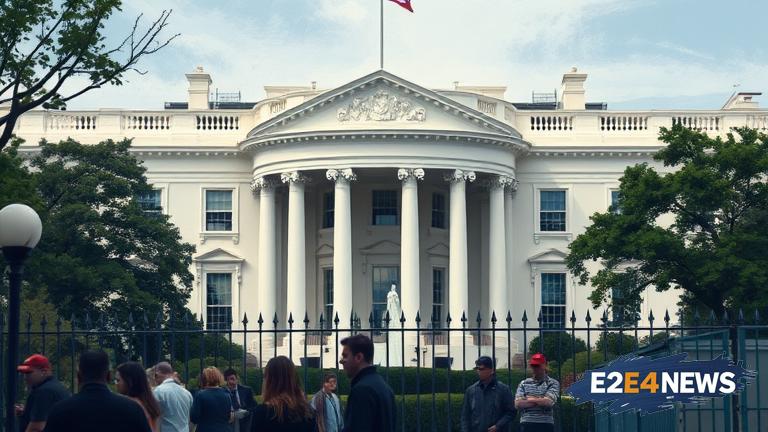The White House has come under fire for allegedly setting a daily arrest target of 3,000 for Immigration and Customs Enforcement (ICE) agents. However, in a recent statement, the administration denied these claims, citing a lack of evidence to support the existence of such a target. The controversy surrounding the alleged target has sparked a heated debate over immigration policies in the United States. Proponents of stricter immigration laws argue that the target is necessary to maintain national security and enforce existing laws. On the other hand, critics claim that such a target would lead to racial profiling and unfairly target minority communities. The issue has also raised concerns about the role of ICE in enforcing immigration laws and the potential consequences of such a target on immigrant families. The White House has maintained that its priority is to ensure public safety and enforce immigration laws in a fair and humane manner. Despite the denial, many advocacy groups and lawmakers remain skeptical, calling for greater transparency and oversight of ICE operations. The alleged target has also sparked fears of increased deportations and family separations, which have been a major point of contention in the immigration debate. As the controversy continues to unfold, it remains to be seen how the White House will address the concerns of immigrant communities and advocacy groups. The administration has faced criticism for its handling of immigration issues, including the separation of families at the border and the detention of asylum seekers. The denial of the alleged target has done little to alleviate these concerns, with many calling for a more comprehensive and humane approach to immigration reform. The issue has also highlighted the need for greater accountability and transparency in ICE operations, particularly with regards to the treatment of detainees and the use of force during arrests. Furthermore, the controversy has raised questions about the role of ICE in enforcing immigration laws and the potential consequences of such a target on local communities. As the debate continues, it is likely that the White House will face increased pressure to provide greater clarity and transparency on its immigration policies. The administration has maintained that its goal is to ensure public safety and enforce immigration laws in a fair and humane manner, but critics argue that the alleged target is at odds with these goals. The controversy has also sparked a wider debate about the need for comprehensive immigration reform, with many calling for a more nuanced and multifaceted approach to addressing the complex issues surrounding immigration. In recent years, the United States has seen a significant increase in immigration-related arrests and deportations, leading to widespread criticism of the administration’s handling of the issue. The alleged target has only added to these concerns, with many arguing that it would lead to a further escalation of enforcement actions and a breakdown in trust between law enforcement and immigrant communities. As the situation continues to unfold, it remains to be seen how the White House will respond to the concerns of immigrant communities and advocacy groups, and whether the administration will be able to find a balance between enforcing immigration laws and protecting the rights of immigrant families. The controversy has also highlighted the need for greater engagement and dialogue between the administration and immigrant communities, particularly with regards to the development of immigration policies and the enforcement of existing laws. Ultimately, the resolution of the controversy will depend on the administration’s ability to provide greater clarity and transparency on its immigration policies, as well as its willingness to engage with immigrant communities and advocacy groups in a constructive and meaningful way.
